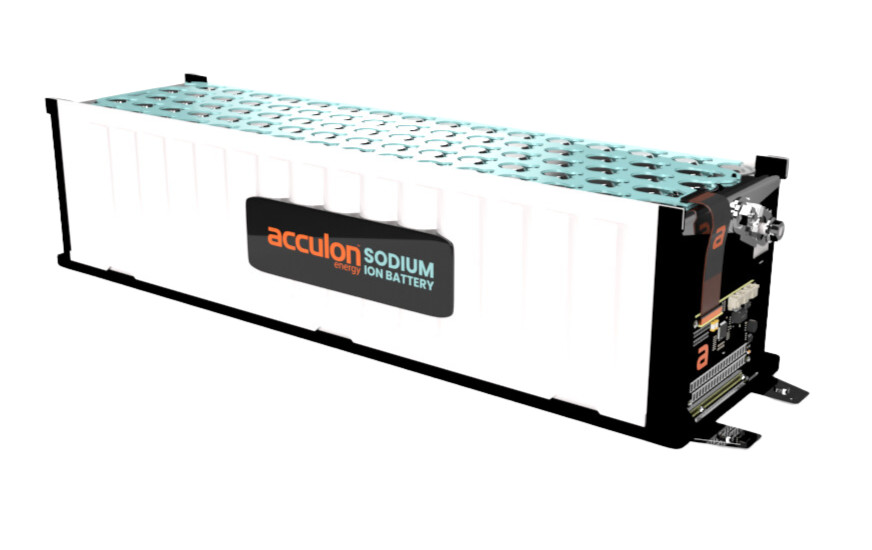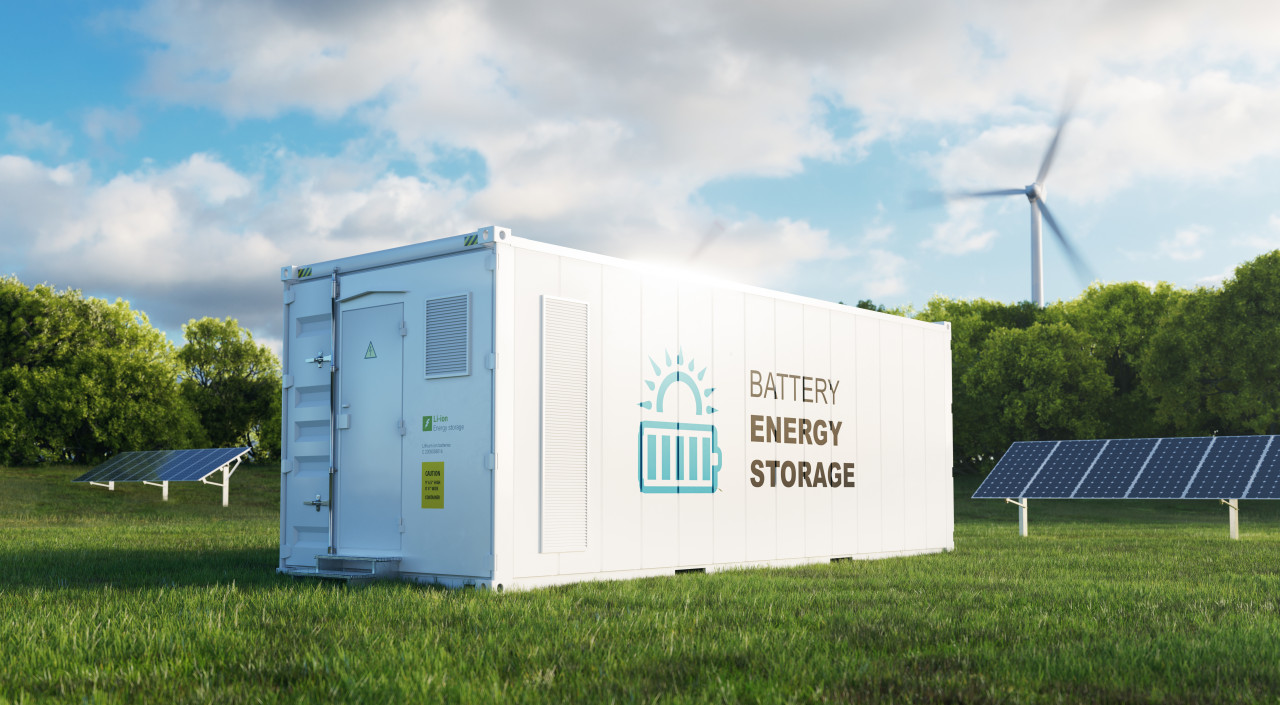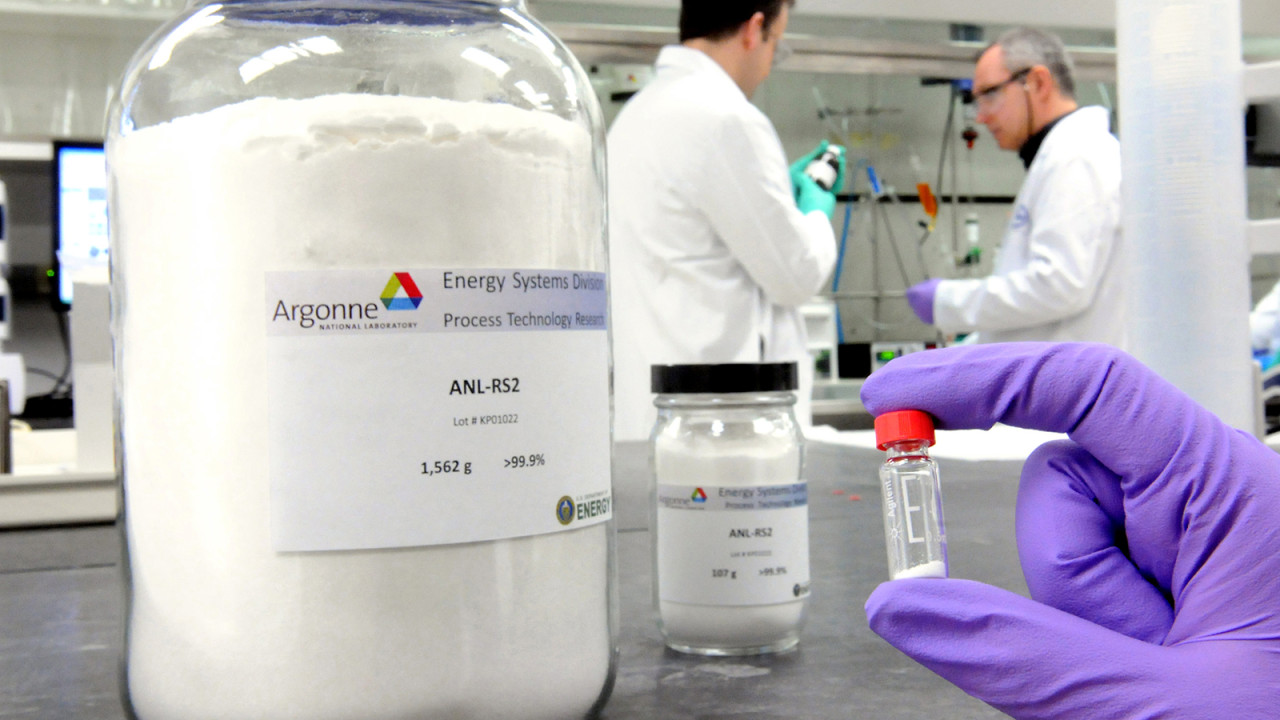US DoE announces $100 million funding for non-lithium batteries
The US Department of Energy (DoE) has floated a notice of intent aimed at projects and developers of non-lithium batteries.
In the notice, the agency has offered to fund pilot-scale energy storage demonstration projects that focus on "non-lithium technology" for long-term energy storage and said it would pump $100 million of funding into such projects. The funding will be provided through the agency's Office of Clean Energy Demonstrations (OCED).
The DoE said it is aiming to support 3-15 projects with grants between $5 million and $20 million each, which must then also be matched with private investment.
The funding will "support technology maturation activities including design for manufacturability, pilot system development, fabrication and installation, operational testing and validation, and commercial scale system design and supply chain growth," the DoE said in a statement, adding that, "Short duration energy storage is already supporting the grid, but continued deployment of variable renewable energy may push the requirement beyond the energy storage systems that exist today."
Battery energy storage systems (BESS) whether using lithium-based chemistries or alternatives such as sodium-ion, allow developers and utilities to store excess renewable power generated from sources such as solar and wind for use during off-peak hours.
The DoE estimates America will need an additional 700-900 GW of energy storage capacity if the country is to reach its 2050 net zero target.




















